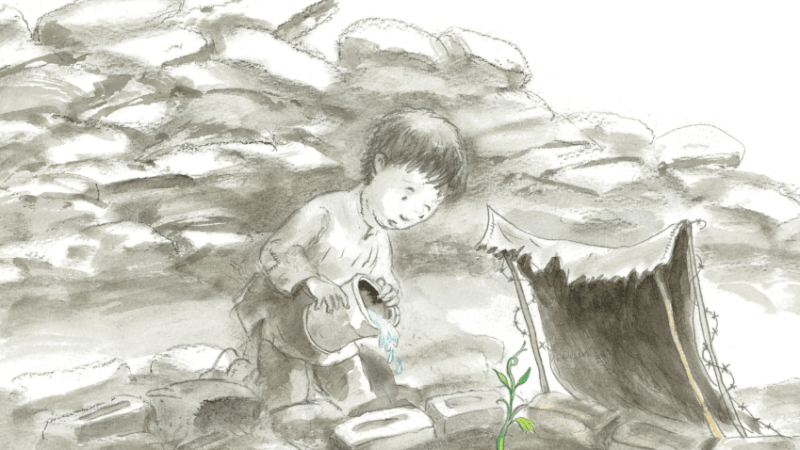Help Students Improve their Vocabularies by Thinking About Words Across the Curriculum

Support your students towards better language use, with the help of our resident word-wizard, Alex Quigley…

- by Teachwire

As the evenings descend into early gloom, teachers and pupils alike hunker down in warm living rooms to do their school work.
For many learners, independent reading is when they are challenged the most with unfamiliar words and phrases.
As the nights darken, we need to illuminate our pupils’ understanding with an array of strategies to tackle tricky vocabulary.
Textbook bookmarks
Bookmarks are for stories, right? Well, what if we extended the humble page marker into a more diverse tool?
We know that the subject specific nature of textbooks is a challenge for all pupils, so making this barrier explicit to our novice learners is valuable.
Simply devise a bookmark – card or coloured paper will do the trick – so that students can make an ongoing vocabulary record.
You can highlight different aspects, such as key terms, or ‘challenging words’ they didn’t quite know or understand.
Another application is to record ‘Tier 2’ terms that are sophisticated, so that pupils can begin to use them in their own subject writing.
One word at a time
Turn on the news or social media and you won’t be short of ‘bombastic’ pronouncements. In subjects like history, politics, English literature and more, bombastic is a helpful, skilled ‘Tier 2’ vocabulary item pupils could use in their writing and talk.
Deriving from Latin, the word ‘bombax’ means ‘cotton’. The word altered into English, via French, as ‘bombast’. Its original English meaning related to ‘cotton’, but particularly the additional stuffing for padding out garments.
Over time, it became a term associated with padding out speech with fancy words. Though it may now be used as a harsh critique, the soft origins are memorable for our pupils.
I don’t think it means what you think it means…
Geographers are a skilled bunch. At any one time they have to navigate prose, complex mathematics and even map skills. Not only that, many terms required for GCSE are general words that are bound with very specific geographical meanings.
Take words like ‘monitoring’, ‘planning’ or ‘prediction’. In GCSE geography, ‘monitoring’ should trigger the very specific recording of physical changes, like tropical storms.
And ‘planning’, similarly, is bound to specific scenarios like natural disasters and the related issues. Because pupils may already be familiar with these words in other contexts, clarity of language to unlock the subject-specific meanings is paramount.
Cracking the academic code
The academic language of school has a very unique ‘code’ and it needs to be known, understood, and used, by our novice pupils.
One of the simple processes an expert utilises is replacing work-a-day words with more sophisticated synonyms. This ‘synonym step up’ can be something that educators in every subject explicitly teach.
For example, when pupils write a sentence in GCSE religious education such as ‘Hindus think vegetarianism is good because of ahimsa – a respect for all living things’, a concise, academic synonym for ‘think’ is ‘advocate’.
Similarly, synonyms for ‘said’ that are more precise are legion, such as ‘asserted’, ‘denounced’ and ‘petitioned’ – each adds nuance and sophistication to any academic sentence.
One for…the English teachers
Many of words we use have useful meanings hidden in plain sight. ‘Alphabet’ is one such example. The opening two letters of the Greek alphabet, ‘alpha’ and ‘beta’ – their ‘A’ and ‘B’ – both combine to create the word alphabet.
Continued Greek influence can be found in the term ‘alpha male’ – the primary, most important male; whilst ‘beta’ has become more commonly attributed to initial, unfinished computer programs or games – not the first version (alpha), but not the finished product either.
Do they know?
The most commonly confused homophones: affect / effect; complement / compliment
Alex Quigley is the author of Closing the Vocabulary Gap. He works for the Education Endowment Foundations as Senior Associate supporting teachers to engage with research evidence.











